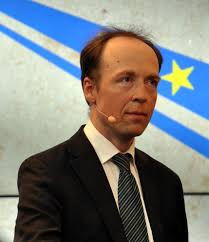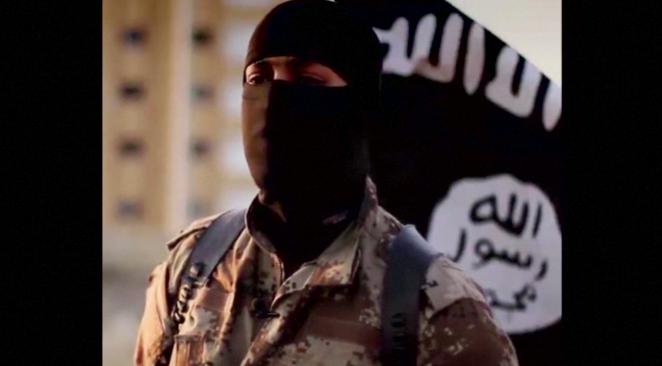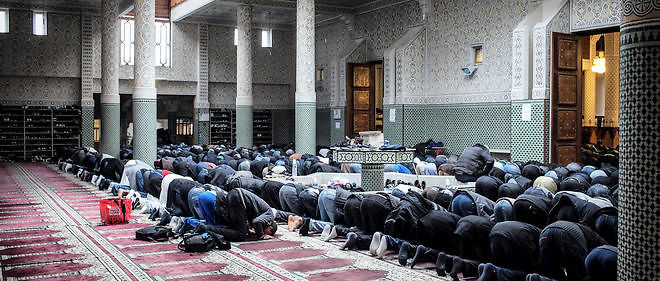Politiken newspaper, one of 11 Danish newspapers that reprinted the Mohammed cartoons, has issued an apology to eight Muslim organizations for offending Muslims – allegedly to avoid a lawsuit. The settlement reached between the paper and the organizations does not, however, apologize for the printing of the cartoons, nor prevent the paper from reprinting them in the future. The eight organizations who reached the agreement with Politiken are based in Egypt, Libya, Qatar, Australia, Jordan, Saudi Arabia, Lebanon and Palestine. Together they represent 94,923 descendents of the Prophet Mohammed.
In August last year, the groups’ Saudi lawyer, Faisal Yamani, requested that Politiken and 10 other newspapers remove the images from their websites and issue apologies along with a promise that the images, or similar ones, will never be printed again. Politiken is the only one of the 11 newspapers who has agreed on a settlement. Yamani says that within the next weeks the eight Muslim organizations will announce what kind of legal actions they will now take against the ten newspapers who haven’t agreed on a settlement.
Jyllands-Posten newspaper initially published the drawings in 2005, but following the murder plot in 2008 against one of the cartoonists, Kurt Westergaard, 11 major Danish newspapers reprinted them as a symbol of solidarity. Politiken, which had initially been critical of the cartoons, chose to reprint Westergaard’s drawing and an editorial comment that said Jyllands-Posten deserved unconditional solidarity when it is threatened with terror. However, Politiken’s statement today said the decision to reprint the drawing of a man with a bomb in his turban was never intended as a “statement of editorial opinion or value, but merely as part of the newspaper’s news coverage”. The apology stated that it was “never Politiken’s intention to offend Muslims in Denmark or elsewhere. We apologize to anyone who was offended by our decision to reprint the cartoon drawing”.
Politiken’s editor-in-chief, Tøger Seidenfaden, says he is hoping the agreement will help improve relations between Denmark and the Muslim world and that “other acts of dialogue and reconciliation may follow”. But the move has been derided by other newspapers, cartoonist Kurt Westergaard and leading politicians. Other newspapers which reprinted the cartoon, including Berlingske Tidende, Kristeligt Dagblad and the original publisher Jyllands-Posten, refused to enter into the same agreement with the organizations. Jyllands-Posten editor, Jørn Mikkelsen, called it a “sad day for Danish media, for freedom of speech and for Politiken”. In 2006 Jyllands-Posten apologized for upsetting some Muslims with the cartoons, but Mikkelsen believes that Politiken’s apology crosses the line as it was made as part of a deal. Meanwhile, Westergaard accused the Politiken of giving up on freedom of speech and said they had given into the fear of terror. However, professor in rhetoric at University of Copenhagen, Christian Kock says that Jyllands-Posten apology from 2006 and Politiken’s apology are more or less similar. None of them apologizes for printing the cartoons. They apologize for offending Muslims by doing it. The difference is that Politikens apology is part of a settlement with Muslim organizations.
Opposition leaders Helle Thorning-Schmidt of the Social Democrats and Villy Søvndal of the Socialist People’s Party called the move outrageous and said deals should not be done involving freedom of speech. Not all politicians are deriding Politiken. Leader of Danish Social-Liberal Party Margrethe Vestager thinks Politiken acts courageously by choosing dialogue rather than confrontation. Also the Danish imam Abdul Wahid Pedersen praises Politiken for the apology. He doesn’t think the agreement is a threat against freedom of speech: “Politiken doesn’t apologize for printing the cartoons. They apologize for having offended some by doing it” Wahid Pedersen says.






